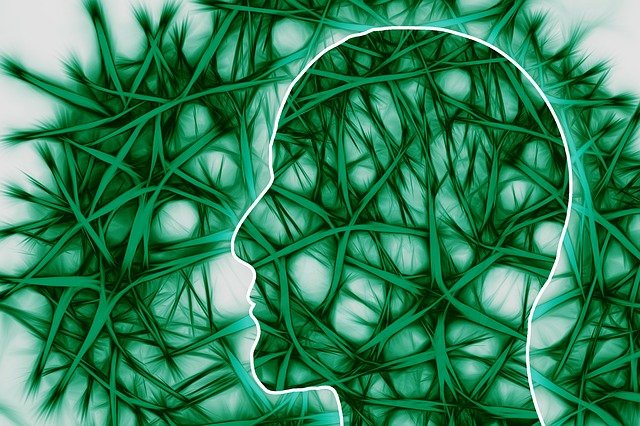
Natural killer T (NKT) cells and B cells are two of many immune cell types
Singapore: Scientists from A*STAR's Bioprocessing Technology Institute (BTI) have identified relationship between two cells which serve human body's natural defence mechanisms against diseases and infections.
Natural killer T (NKT) cells and B cells are two of many immune cell types that work in tandem to help the body fight against foreign infectious agents. NKT cells have very potent functions and are crucial to the immune system despite making up only a small percentage of white blood cells. While scientists have established that NKT cells can promote the production of antibodies by B cells to combat infection, little is known about the effect of B cells on NKT cells until now.
Patients with autoimmune disorders have been observed to have drastically reduced numbers of NKT cells. The study conducted by BTI scientists revealed that autoimmune B cells had altered lipid compositions, causing NKT cells to be over-activated and resulting in their eventual death and depletion in numbers. The scientists further found that removal of a lipid-presenting molecule from B cells resulted in recovery in the numbers of NKT cells.
Lipids are a group of naturally occurring molecules that include fats as well as fatty acids. Lipids form part of each cell membrane and allow cells to store energy and mediate cellular responses.
Dr Andy Tan, a research scientist at BTI who led the study, said, "Our findings provide an alternative theory to current understanding of how autoimmune B cells affect NKT cells. This will allow new therapeutic strategies to be devised, rectifying NKT cell deficiency in autoimmune patients and improving their health".
Autoimmune diseases, including lupus and some forms of arthritis and diabetes, develop when the immune system fails to distinguish between its own cells and foreign pathogens such as bacteria and viruses, resulting in attacks on the patient's own healthy tissue. Autoimmunity affects between three to 10 percent of the general population, depending on gender, disease type and geographical location. Future studies to identify particular lipids responsible for NKT cell over-activation might thus present therapeutic opportunities for those with autoimmune diseases and disorders.
Prof Lam Kong Peng, senior author for the study and Executive Director of BTI, added, "One of the central questions in the field of immunology is how the immune system is able to maintain a delicate balance in effectively fighting foreign pathogens and avoiding attack of the body itself. Our findings have brought us one step closer to unravelling the mechanisms that govern the balance between immunity and autoimmunity."




